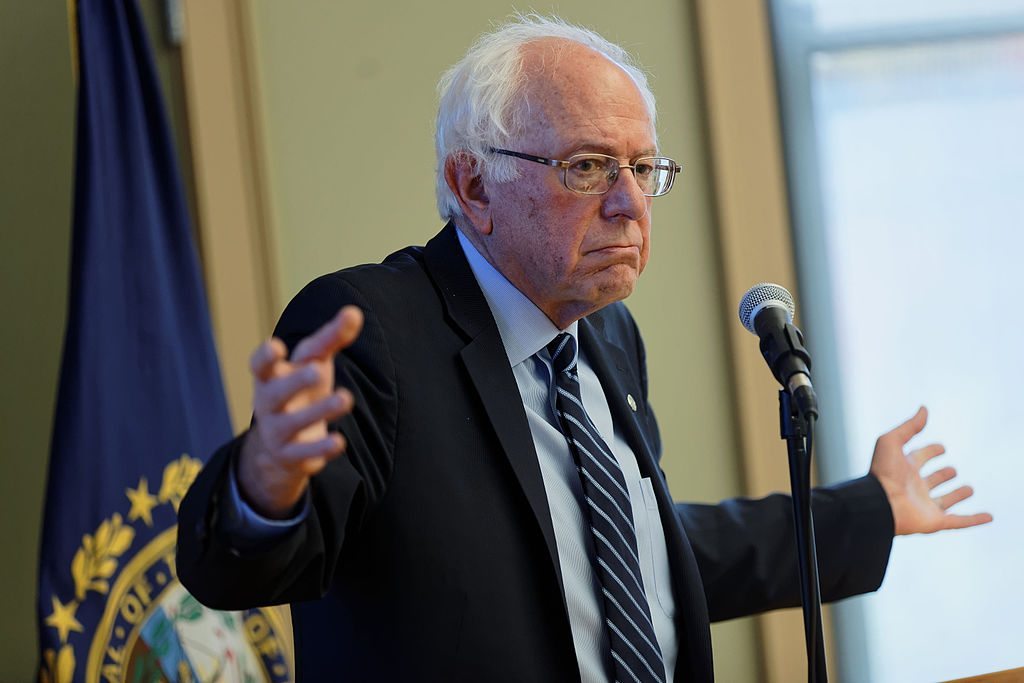Sen. Bernie Sanders came up with a catchy name for his new legislative initiative. He calls it the “Stop Bad Employers By Zeroing Out Subsidies Act, ” or more simply, “Stop BEZOS.”
This bill would establish a corporate welfare tax on large employers equal to the amount of federal benefits received by their low-wage workers. For example, if a worker at a large employer receives $300 in food stamps, the employer would be taxed $300.
Under this legislation, large employers are defined as employers who have more than 500 employees, including part-time workers, independent contractors and franchise workers. Federal benefits are defined as: the Supplemental Nutrition Assistance Program (SNAP), Medicaid, the school lunch program and Section 8 housing.
The Senator is quoted as saying:
“Let us be very clear: We believe that the government has a moral responsibility to provide for the vulnerable – the children, the elderly, the sick and the disabled. But we do not believe that taxpayers should have to expend huge sums of money subsidizing profitable corporations owned by some of the wealthiest people in this country. That’s what a rigged economy is about,” Sanders said.
This is legislation that attempts to address an issue we’ve been hearing a lot about over the last few years. Many large corporations pay such low wages that their employees have to depend on programs like Medicaid and food stamps. In that sense, the government is subsidizing the corporation’s profits.
There is a chorus of people, however, who are criticizing Sanders’ solution because it is clear that he didn’t think through the unintended consequences. The Center for Budget and Policy Priorities documented their concerns.
* the legislation would create powerful incentives for employers to seek to minimize their hiring of workers who are in low-income families and, thus, more likely to qualify for Medicaid or nutrition or housing assistance.
* some employers might pressure employees not to sign up for Medicaid or other benefits.
* elements of the business community would likely lobby policymakers to reduce their tax bills by restricting eligibility and benefits for core low-income programs, which would be equivalent to a corporate tax cut.
* large corporations also could become leading opponents of efforts in states to adopt the Affordable Care Act’s Medicaid expansion, which, if adopted, would become a large new cost to firms under this bill.
What’s interesting to me is that this is how Sanders summarizes the goal of this bill:
Our legislation gives large, profitable employers a choice: Pay workers a living wage or pay for the public assistance programs their low-wage employees are forced to depend upon.
But why give large profitable employers a choice? The most logical solution to the problem Sanders has identified is to simply raise the minimum wage, which he supports. It’s true that neither Stop BEZOS nor raising the minimum wage is likely to happen with the current president and congress. But if Democrats were to gain control, which one would be more likely to garner support and pass?
I have no idea why Sanders has decided to put this new proposal out there and have to admit that I get a little suspicious when the guy jumping on this bandwagon is Tucker Carlson.
What is obvious is that in announcing the Stop BEZOS Act, Sanders gained a platform to go after the people he wants to villainize, like Jeff Bezos and the Walton Family. Perhaps there’s some benefit to that. But it makes it even harder to take the Senator from Vermont seriously.



